What is a Down Payment?
A down payment is a percentage of the home’s purchase price that you pay upfront. In other words, the down payment is the part of what you pay to buy a house that is not included in your loan amount; instead, you owe it at the time of the purchase. The amount that you’ll need to pay is determined by the type of loan you take out and the lender you borrow from. The down payment for a home is usually at least 10% of the total purchase price. If you pay less than 20%, you’ll likely be required to buy private mortgage insurance (PMI). PMI protects the mortgage lender in case you become unable to make your payments.
If saving up to at least 10% doesn’t feel possible, programs like those run by the Federal Housing Administration (FHA) or the Department of Veterans Affairs (VA) can allow you to pay a smaller percentage or sometimes no down payment at all. Your real estate agent should be able to tell you about any special programs that you may qualify for. You can also do some research online to find a program that may suit your situation, starting with the US Department of Housing and Urban Development website.
Getting the Funds
Getting your hands on 20% or even 10% of your total mortgage is challenging. Start by reevaluating your budget. Make a specific goal to save for your down payment. Adjust your budget to trim excess spending and dedicate those funds toward your goal instead.
Investments and high-interest savings accounts can make it easier to get the money but, of course, these options come with different levels of risk and possible reward. If you choose to invest, timing is a major consideration. The sooner you plan to buy, the fewer risks you’ll likely want to take. But a less risky, price-stable investment is also less likely to provide large earnings. One technique is to split up the money you’re accumulating. You can put part of your money in more risky mutual funds and stocks to try to earn more. The rest you can keep in more conservative interest-bearing investments, such as certificates of deposit (CDs) or US Treasury bills, where you don’t risk losing your investment. You’ll want to be careful to ensure that you set these options to mature around when you plan to buy, otherwise you may lose out on the interest you earned.
One approach that may help is to set specific goals when it comes to investing. Rather than buying stock and sitting on it to see how high it will go, you buy with the intent to sell as soon as it has increased by a certain percentage, say 15%. Once your investment reaches that specified level of increase, you sell, deposit your profit into a savings account, and reinvest the principal in another stock. Of course, there’s no guarantee that the stock will reach your specified percentage of increase within your timeline, or even increase at all, so this method still requires a certain level of risk.
If loved ones are willing to help you with a downpayment, they can give you a tax-free gift of up to $15,000 in 2020. If you're married, they can give your spouse an equal amount. Be careful though, if they want to give more than that, they’ll need to file IRS Form 709 to report the gift. Luckily, it’s likely that they won’t need to pay the gift tax on it unless they are over their lifetime gift limit, which is $11.58 million in 2020.
Loans from family members are more complicated. If your loved one lends you $10,000 or less, and you use that money for something other than investments (such as your down payment), you don’t have to worry about taxes. Lenders that loan more than that are required to charge interest that is at least equal to the applicable federal rate. They are also required to pay taxes on that interest. One exception is if you are loaned $100,000 or less and make $1,000 or less in net investment income for the year. If this is the case, taxes don’t need to be paid.
You’ll also need to keep everything as official as possible by keeping records of how much was loaned, the interest rate, the repayment schedule, and that payments were made on time in order to confirm for the IRS that it is, in fact, a loan and not a gift. If the loan is particularly large or if you have any questions, it may make sense to get legal counsel to ensure that you are keeping everything official by IRS standards.
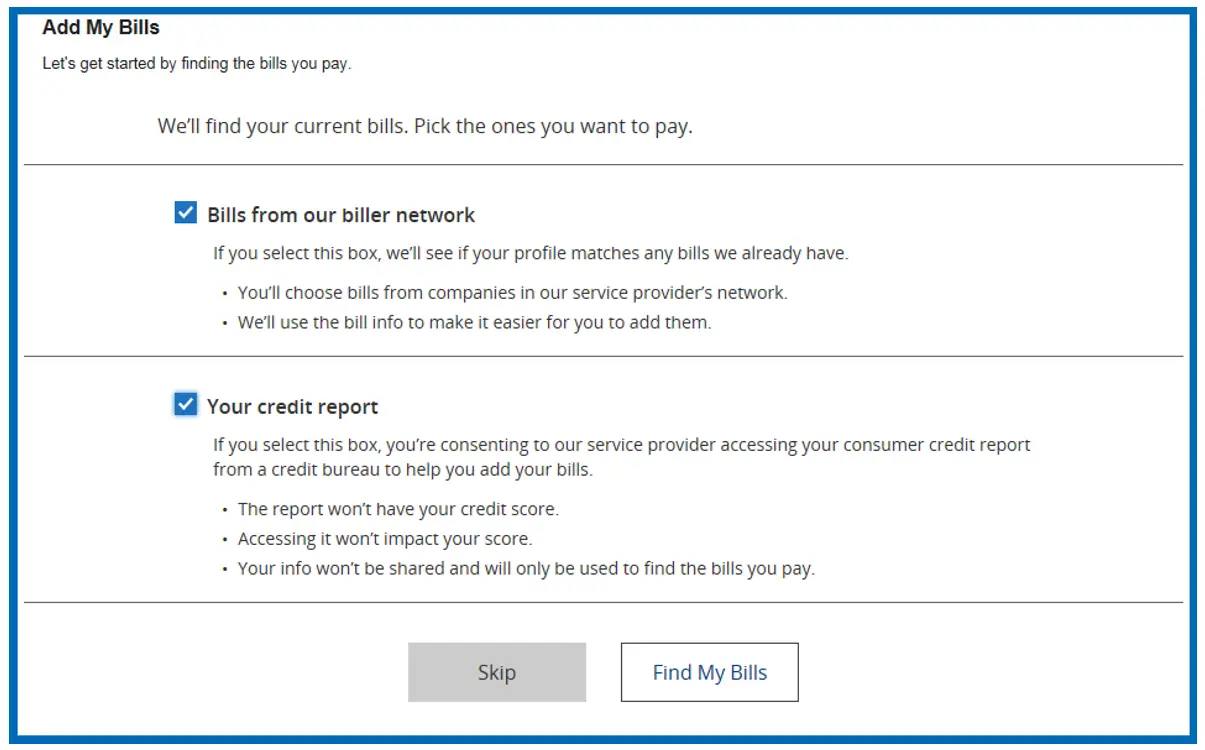
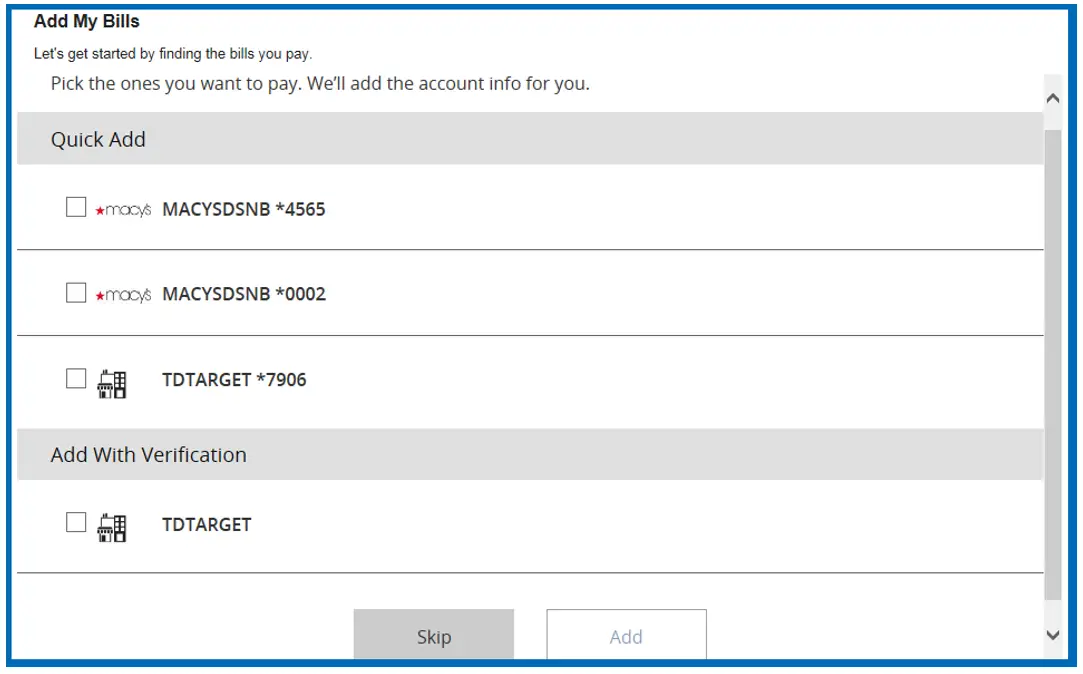
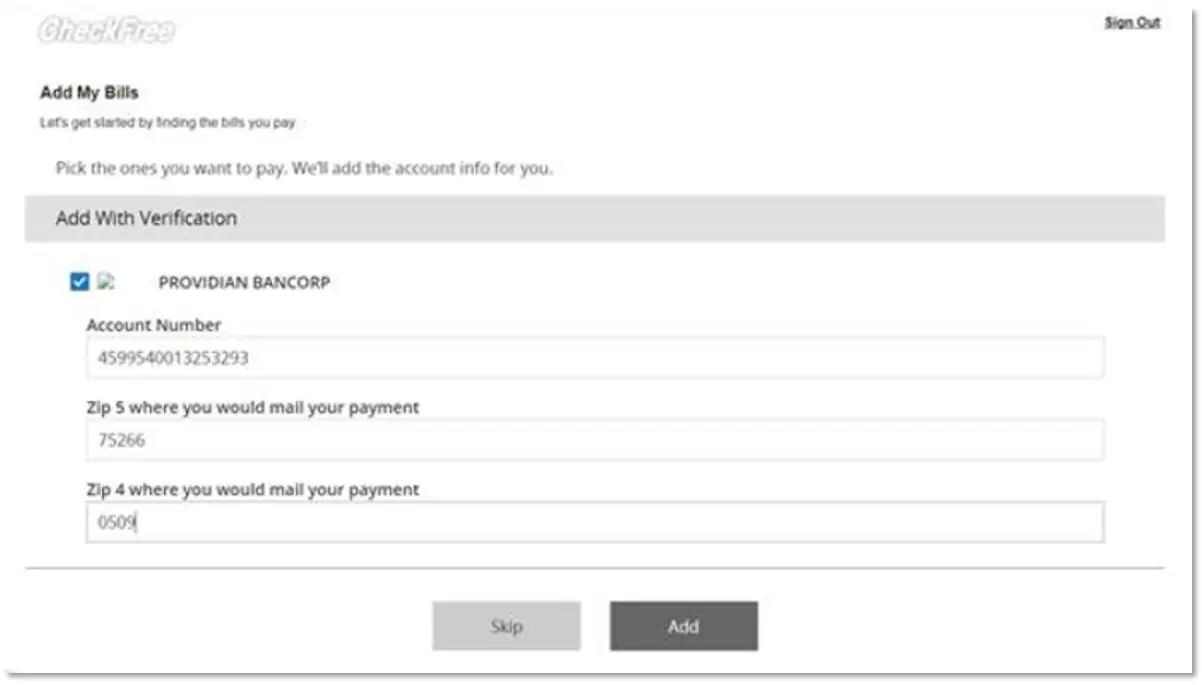
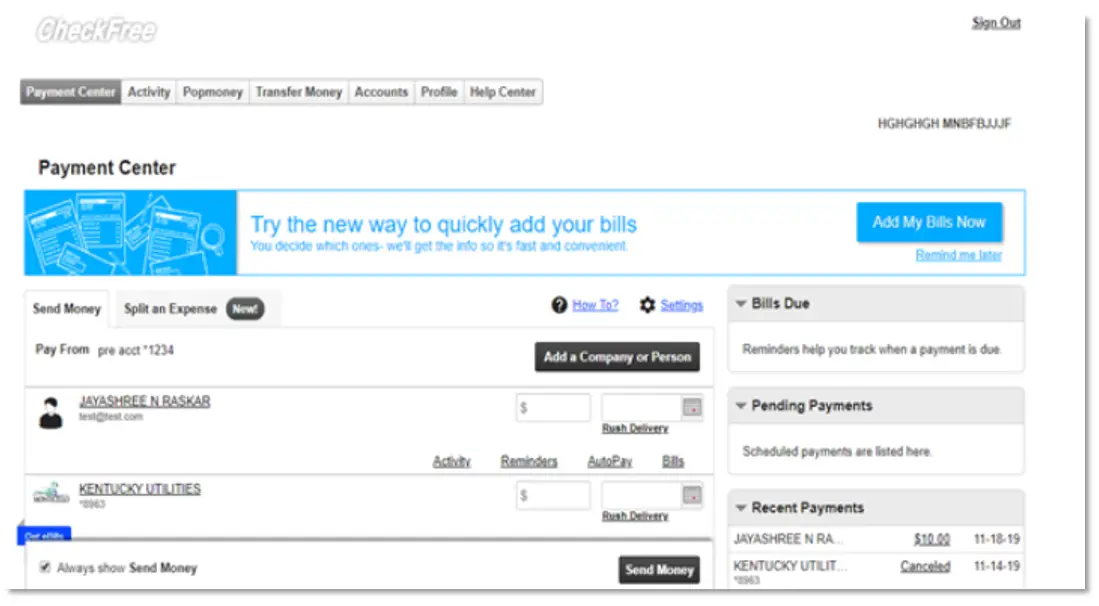
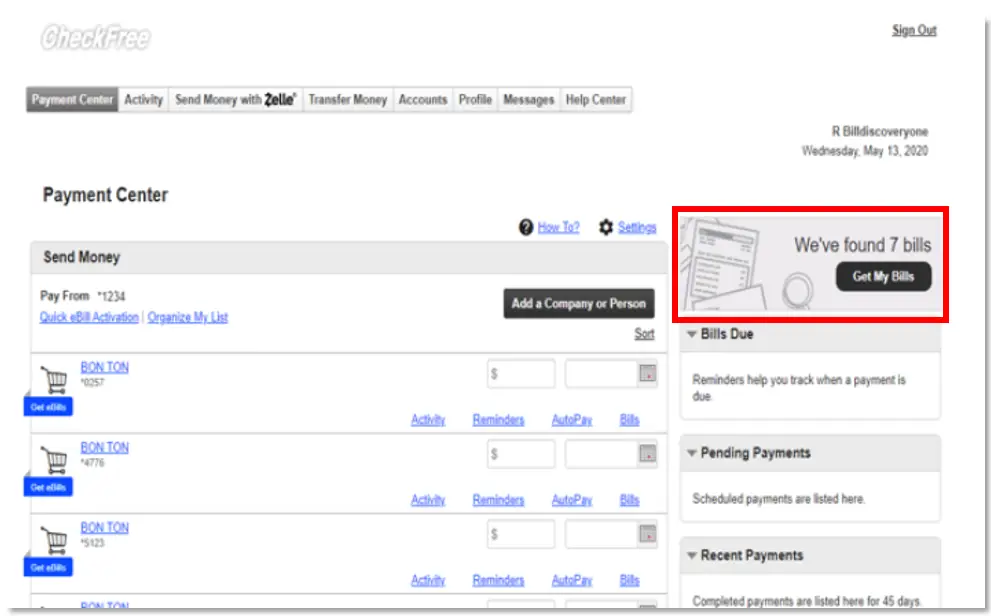
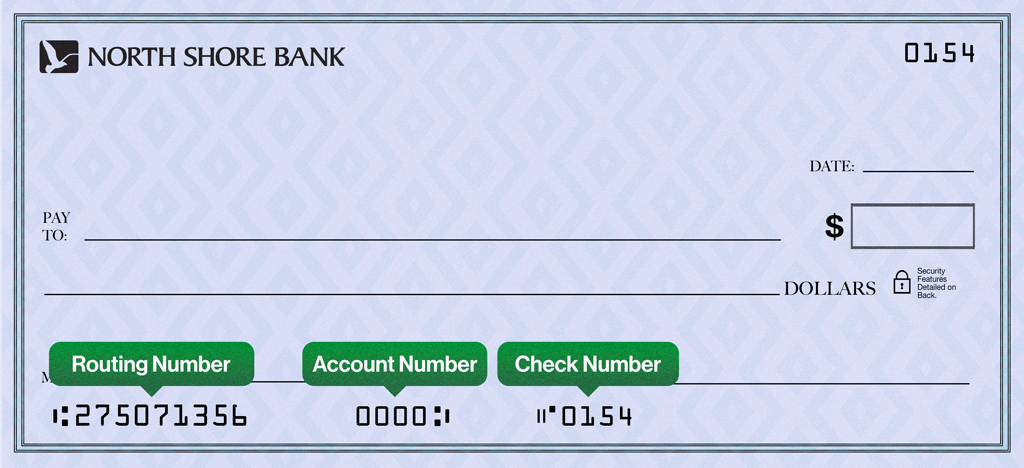 When opening an account online, your initial deposit must be done by transferring money from your current bank account or by debit or credit card.
When opening an account online, your initial deposit must be done by transferring money from your current bank account or by debit or credit card. Click on the three vertical dots alongside the blue “Pay” button
Click on the three vertical dots alongside the blue “Pay” button